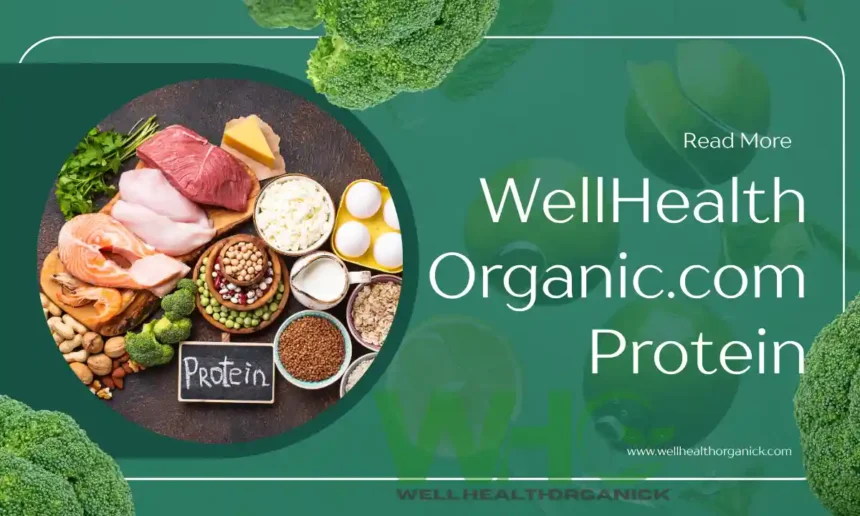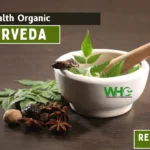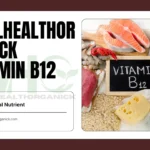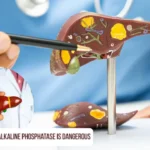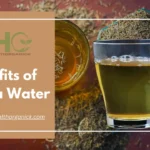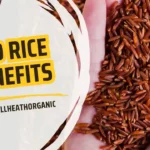Protein is one of the most essential nutrients the human body requires for growth, repair, immunity, and everyday functioning. From skin and hair to muscles and enzymes, protein plays a role in almost every internal process. But how much protein do we actually need? What are the best sources? And what happens when the body doesn’t get enough?
What Is Protein?
Protein is a vital macromolecule made up of long chains of amino acids. Every part of our body including hair, skin, nails, muscles, blood cells, hormones, and enzymes relies on proteins for proper functioning.
Proteins are built from 20 amino acids, out of which 9 are essential amino acids that our body cannot produce on its own:
- Histidine
- Isoleucine
- Leucine
- Lysine
- Methionine
- Phenylalanine
- Threonine
- Tryptophan
- Valine
These essential amino acids must be obtained through food.
also Read About: Wellhealthorganic AI in Healthcare: Shaping the Future of Medical Innovation
How Does Protein Work in the Body?
Protein acts as the building block of life. To form a single functional protein, the body arranges chains of 20+ amino acids in different sequences. Scientists estimate that the human body can produce 10,000 to over 1 billion different proteins, each serving a specific purpose.
Different amino acid combinations determine:
- The shape of the protein
- Its biological function
- How it interacts inside the body
Proteins support structural integrity, chemical reactions, immune protection, movement, nutrient transport, and more.
Types of Proteins and Their Functions
| Protein Type | Function |
|---|---|
| Enzymes | Speed up biochemical reactions; act as catalysts |
| Antibodies | Help the immune system fight infections |
| Structural Proteins | Maintain shape, strength & structure of cells and tissues |
| Transport & Storage Proteins | Carry nutrients, molecules, and atoms throughout the body |
| Messenger/Signaling Proteins | Help cells communicate and regulate internal processes |
Protein in Food: Sources You Should Include
Since the body cannot make all essential amino acids, diet plays a crucial role. Eating a protein-rich diet helps in muscle repair, hormone balance, immunity, and overall growth.
Vegetarian Protein Sources
- Cottage cheese (Paneer)
- Greek yogurt
- Milk
- Whey protein
- Peanut butter and other nut butters
Non-Vegetarian Protein Sources
- Chicken
- Turkey
- Eggs
- Salmon, tuna
- Beef, pork, bison
Vegan Protein Sources
- Chickpeas
- Tofu
- Tempeh
- Peas
- Quinoa
- Lentils
- Black beans
- Hemp seeds
- Pumpkin seeds
Lack of Protein & Its Consequences
Protein deficiency can severely affect the body. Common symptoms include:
- Edema (swelling)
- Muscle loss or weakness
- Hair fall and brittle nails
- Low immunity
- Skin disorders
According to the U.S. Department of Agriculture (USDA):
- Men aged 19+ need approx. 6.5 ounces of protein daily
- Women aged 19+ need approx. 5 ounces of protein daily
A balanced diet with protein-rich foods can easily prevent deficiency.
Conclusion
Protein is more than just a muscle-building nutrient it is essential for every cell and process in the body. A daily intake of adequate protein ensures better immunity, muscle health, hormone balance, and smooth functioning of all organs. Maintaining a nutritious diet that includes high-quality protein sources is crucial for long-term health.
FAQ’s
What are proteins?
Proteins are large molecules made from chains of 20 or more amino acids that support growth, repair, and overall body function.
What are symptoms of protein deficiency?
Swelling, muscle loss, weak immunity, hair thinning, and skin problems.
What vegan foods are rich in protein?
Chickpeas, tofu, quinoa, black beans, lentils, tempeh, peas, and seeds like hemp and pumpkin.
Also Read About: Wellhealthorganic Laser Technology: Variety Of Applications In Healthcare

